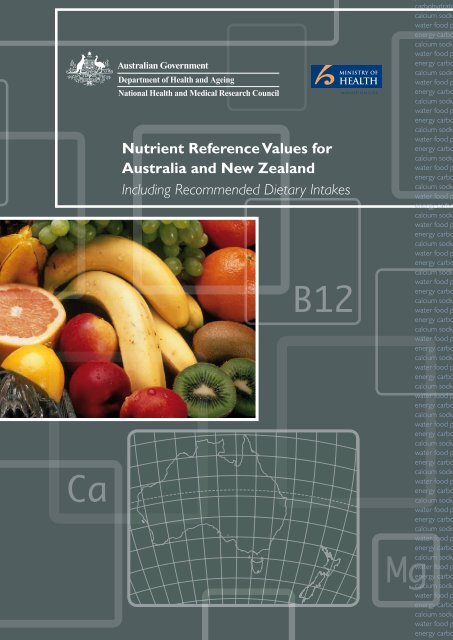100 199 mg dl for those over age 21.
Lipids normal range nz.
Your arteries may clog up with the fatty cholesterol and which increases your risk of having a heart attack or stroke.
We explain what the healthy levels are for both adults and children.
The condition doesn t have any obvious symptoms so blood tests are required to confirm if a person has high blood cholesterol.
We all need some cholesterol for important jobs like making hormones and cells.
The national heart foundation of new zealand is a registered charity cc23052 under the.
If you don t have diabetes your tes results can tell whether you have type 2 diabetes or are at risk of developing it.
Total cholesterol tc directly linked to risk of heart and blood vessel disease.
Symptoms of high cholesterol.
You won t know if you have high cholesterol because it doesn t usually have symptoms.
This is the third in a series of articles about the statement and provides guidance on the assessment and management of lipids.
Haematology reference intervalsimmunology reference intervalsbiochemistry bone and iron metabolism reference intervalsbiochemistry enzyme b12 folate drugs and lipids reference intervals biochemistry.
Also learn about lifestyle changes you can make to.
Managing your cholesterol levels can help to keep you healthy as you age.
Years should have their lipids checked at least once every 10 years.
Below are links to documents listing reference intervals in use at labtests which are available for download.
People of māori pacific or indo asian ethnicity should start having their lipids checked 10 years earlier than this.
If you have diabetes knowing your target range for hba1c and having regular hba1c tests helps you and your healthcare team monitor how well your.
Cholesterol is a type of fat in your blood.
Some people will have their lipids checked more frequently because for example they are on lipid lowering medicine.
If you have any questions regarding these reference intervals please contact us.
75 169 mg dl for those age 20 and younger.
Too much of it increases your risk of heart disease and stroke.
The cardiovascular disease risk assessment and management for primary care consensus statement was released earlier in 2018.
Cholesterol is a type of fat that circulates in your blood.
But we only need a small amount.
14 march 2019 page 1 of 2 understanding your cholesterol results cholesterol also called lipids is a type of fat that your body makes.
Both are clinical terms that mean your levels of cholesterol are outside the normal range.
Most cholesterol is made by your body but eating fatty foods can lead to high cholesterol levels.

